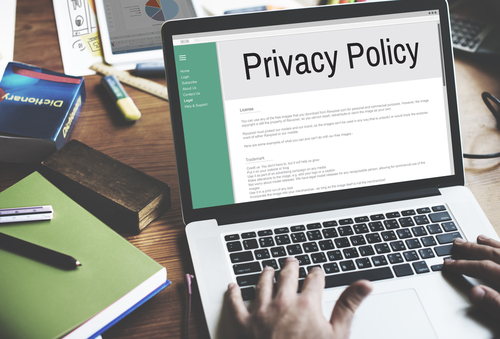Between our phones, smartwatches and laptops, it’s becoming easier and easier to monitor and track what an individual does every single day. But these tools and applications don’t just affect our home lives, they affect our lives at work as well.
For the most part, we’re all well aware that many employers take to Facebook in order to vet potential employees. Some employers will even continue to monitor their employees on social media to keep an eye on how professionally (or unprofessionally) their workers represent themselves online. None of this would come as a shock to the average person. In fact, many would say that using social media as a tool to somewhat monitor employees is simply being resourceful. But at what point does employee monitoring go from being ‘resourceful’ to unethical?
Many employers have taken employee monitoring far beyond social media stalking and are using modern technology to blur the lines between monitoring productivity and invading privacy. An example of this is Canon. Canon Australia moved to have a GPS software installed on all field technicians’ phones. This proposal was met with serious opposition from employees and their union. While Canon claimed that this decision was designed to bring a better experience to customers (through more accurate scheduling) and employees (through better support), it is undoubtable that an approach like this has the ability to leave employees feeling belittled and micromanaged.
More common examples of these blurred lines include monitoring employees’ communications and online activity.
While all of these techniques may be legal when used for genuine business purposes, employers must be held accountable to being fully transparent with their employees and communication to them exactly how they will be monitored and why. Employers finding roundabout ways to keep tabs on employees without their knowledge is completely unethical and fosters an unhealthy work environment.
Employees should feel empowered in their place of work, and it is an employers job to facilitate that through open communication, honest feedback and engagement initiatives, not through spying.
Once again, while employee monitoring and tracking can at times be necessary, employers must be 100% upfront with their workers about it and should strongly consider if that particular method of monitoring will create a healthier, more productive environment, or if it will create a stressful, more hostile environment.






Comments are closed.